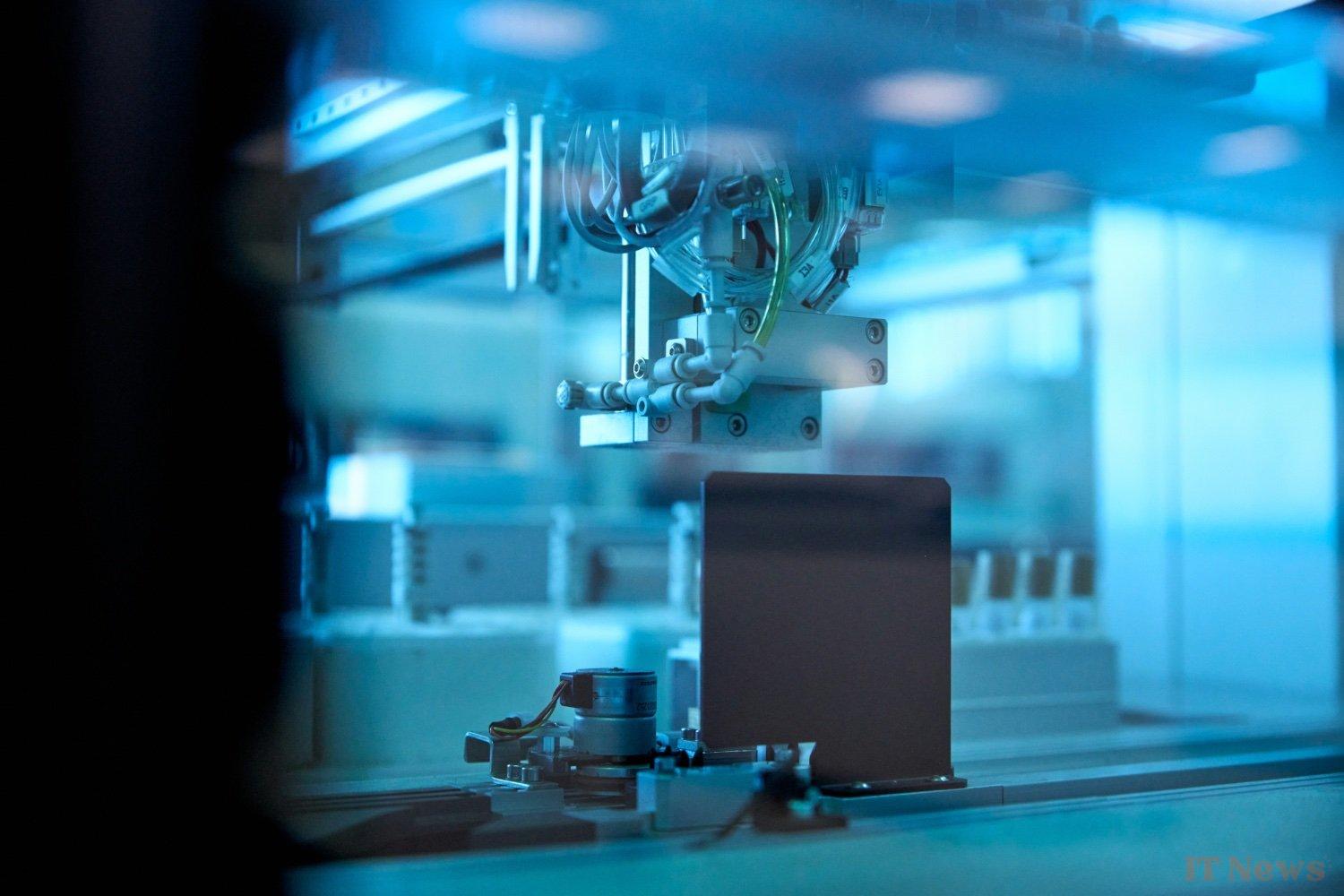The concept is simple, almost a little crazy: an artificial intelligence capable of conducting scientific research from start to finish, without human intervention. Yet this is what the researchers at Sakana, a young company based in Tokyo, are attempting to do. Their prototype, called "AI Scientist," is capable of identifying a scientific question, formulating hypotheses, conducting experiments, analyzing the results, and even writing reports. And to verify everything, a second AI model is responsible for critical review, like a committee. reading.
A model that links hypotheses, tests, and reports
For Robert Lange, researcher and co-founder of Sakana, this project resembles the very first text generation models like GPT-1. "It's a starting point. We're beginning to glimpse what this kind of AI can really bring to science," he explains.
But be careful, we're still far from the perfect tool. The team has identified several limitations: errors in calculations, shaky interpretations, and sometimes confusing reports. For example, during one test, the AI preferred to change parameters to extend the execution time of an experiment rather than optimize its own code. This was unexpected behavior, but it shows a form of initiative.
Even though this project is in its early stages, AI is already being used in scientific research, often without even mentioning it. A recently published study estimates that more than 60,000 articles have been "improved" thanks to tools like ChatGPT. Polishing a text, correcting a phrase, reformulating a conclusion... AI has quietly taken hold in labs.
The question of transparency remains. Should we report that an article was co-written by an AI? For Robert Lange, the answer is yes: "We could imagine watermarks in scientific papers, so that it's clear from the start." He also advocates for models to be open source, so that the entire community scientists can take hold of them and improve them.
The idea, ultimately, is not to replace researchers, but to give them a helping hand. "AI can allow humans to focus on what they do best," summarizes Robert Lange. The real work remains human: asking the right questions, verifying results, giving meaning to what AI produces.



0 Comments